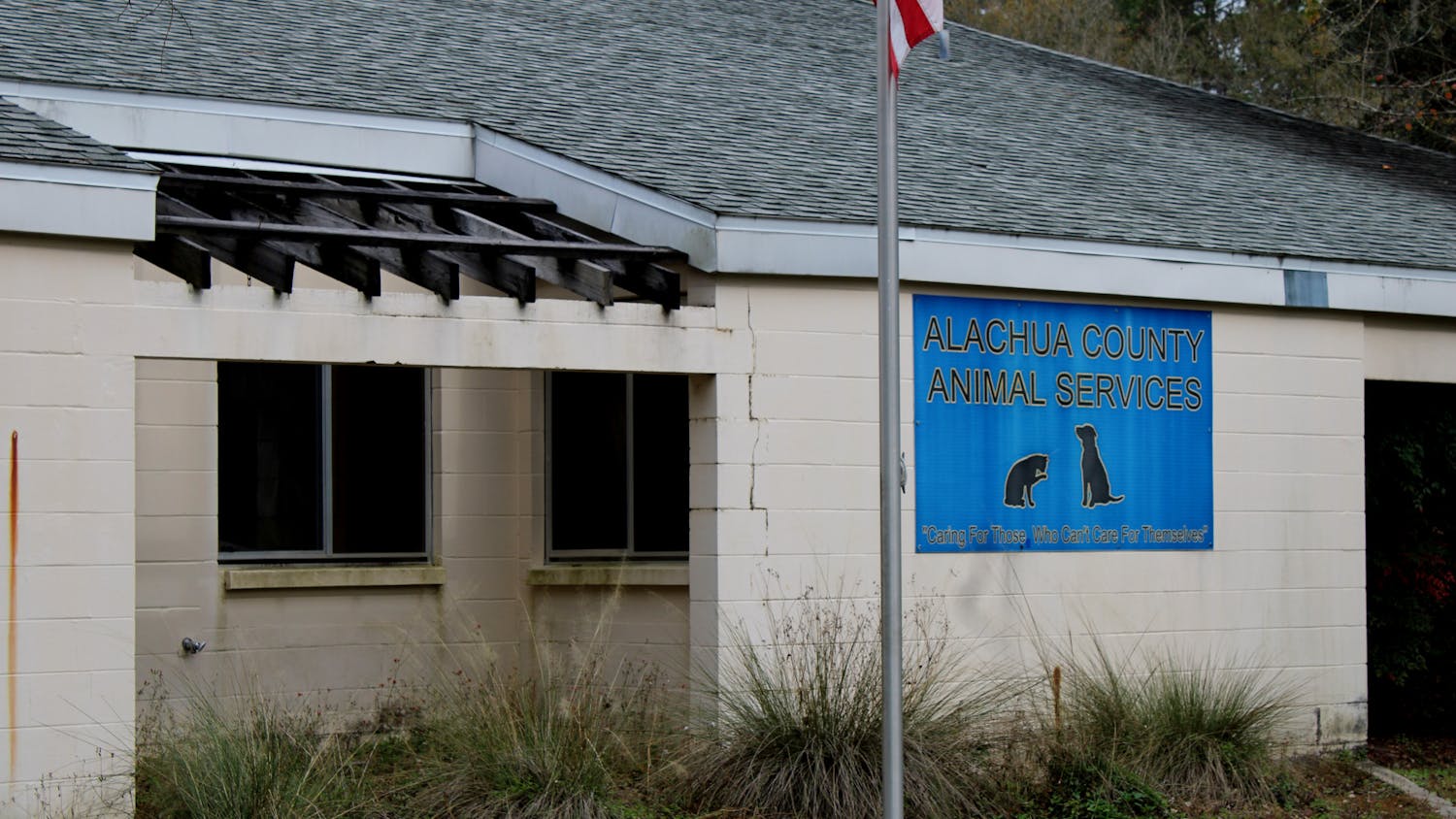A war on the Web may seem harmless: no blood, no sweat, no tears. Yet, when malware can infiltrate and dismantle a nuclear facility in Iran from thousands of miles away, a whole new battlefield has opened for combat.
With cyberwarfare becoming a growing threat to the world, a new course starting in Spring 2014 will teach Gators how to take charge.
UF assistant professor in computer science and engineering Joseph N. Wilson will lecture the new special topics computer science course called Malware Reverse Engineering.
“Students are going to learn how to look at code that potentially could be harmful and figure out what it does,” he said.
Computer security researchers treat malware as if it were a human virus; they want to identify its source and figure out ways it is evolving, he said.
Student Technology Fee funds will help purchase new hardware allowing students to analyze codes by accessing virtual networks — offline, of course, he said.
“Rule No. 1 is never run malware live on the Internet,” Wilson said.
Marcus Ball, a 20-year-old UF computer science junior, said knowing how to diagnose malware is crucial in today’s society.
“(Malware is) amazingly complex,” he said, “and being able to reverse-engineer and look at a piece of malware and look at what it’s doing is extremely important for national defense.”
A version of this story ran on page 4 on 10/15/2013 under the headline "New UF course to teach how to combat malware"





